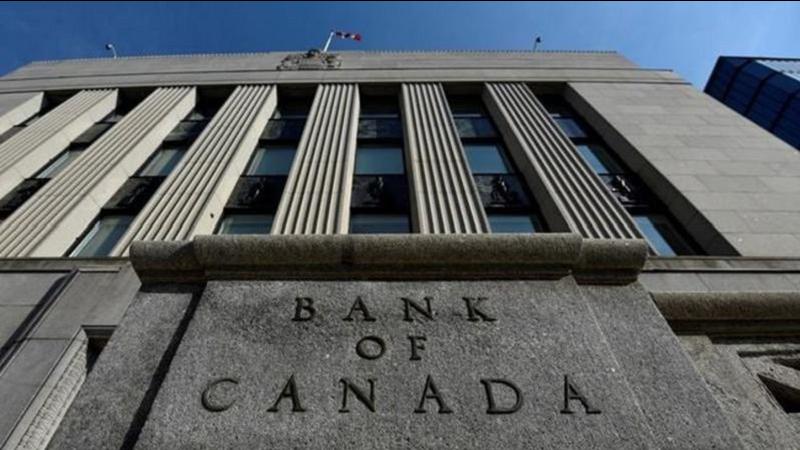
Some Kamloops homeowners to pay $300 more per month in interest following interest rate hike
KAMLOOPS — The Bank of Canada raised its key interest rate by an entire percentage point, the largest single hike since 1998 Wednesday (July 13). It’s seen as a sign of a more aggressive approach to bringing skyrocketing inflation back down to the central bank’s target of two per cent.
The rate hike is expected to prompt the country’s banks to raise their prime rates, which will increase the cost of loans linked to the rate, such as variable rate mortgages and home equity lines of credit.
In Kamloops, local economic experts weren’t surprised by the rate hike.


